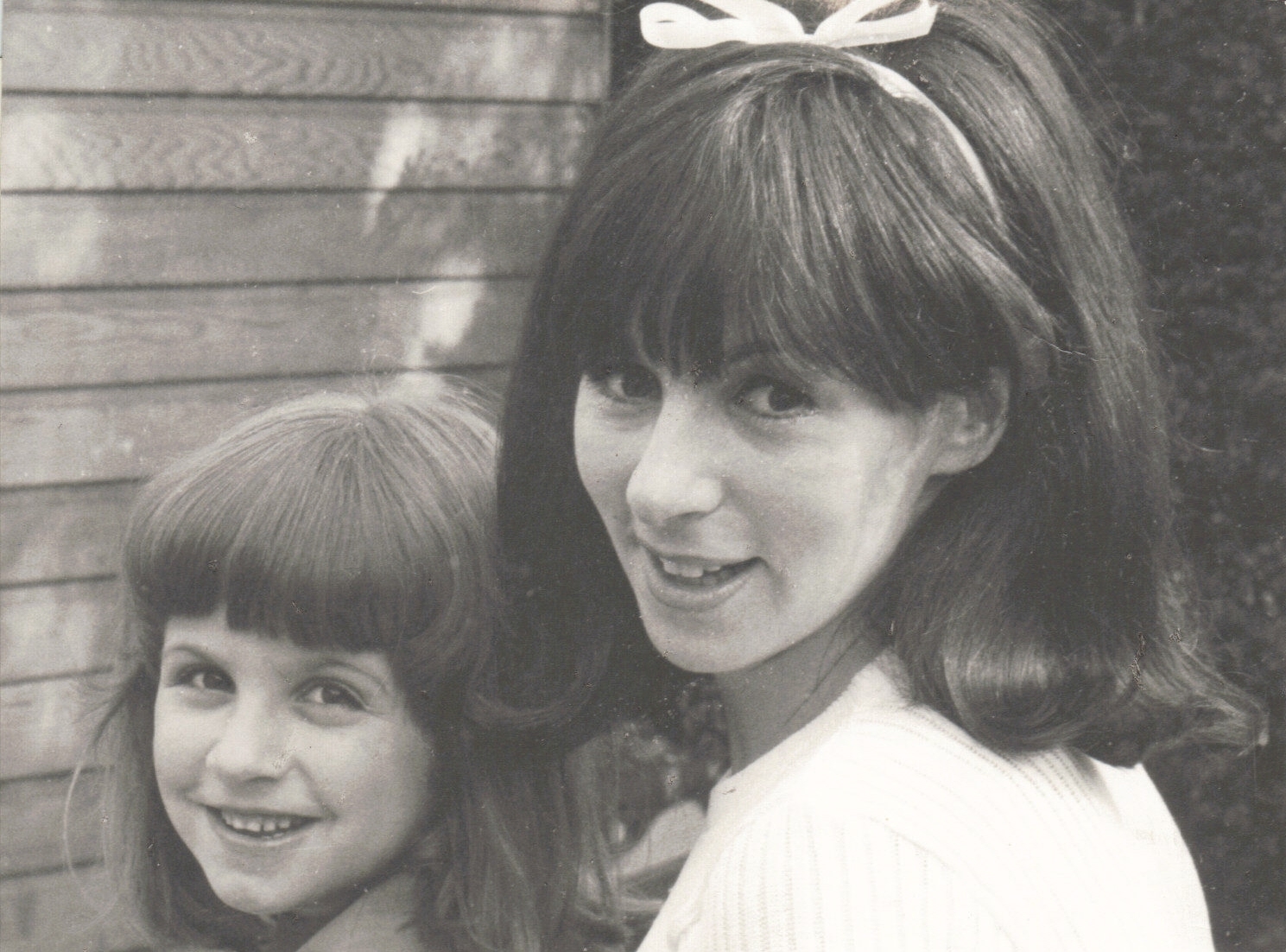We all loved Borgen until….
Sharon Pink talks Borgen – the women:
We all loved Borgen Series 1 until…. we thought about it. And realised that this was a world where nothing good comes from being a woman.
Fascinating, compelling, absorbing television, with a woman taking over as Prime Minister in Denmark. A modern, thoughtful, campaigning woman, cushioned in a seemingly happy marriage of equals, with an intelligent, attentive, caring husband not overawed by the role his wife had attained, proud of her achievements while also continuing his career and sharing in the childcare and domestic arrangements. Such a good marriage that one columnist, presumably having not seen the last four episodes when the relationship fell apart, posited that Borgen might be screened in schools “under the pretext of educating pupils about politics, in the hope that English girls and boys absorb the finer points of juggling a modern marriage”.
While Birgitte’s relationship with Phillip disintegrated, her dealings with other people weren’t exemplary either. In fact, are any women at all in Borgen portrayed well? Let’s take a look:
Episodes 1 and 2: the sitting PM is forced from office following a scandal about his neurotic, hysterical wife, while seasoned journalist and broadcaster Hanna is fired for being drunk and suspects only her younger, more attractive rival Katrine of engineering this. None of the other young and ambitious (male) journalists on the team are singled out.
Katrine herself is constantly chastised by her boss Torben for initiating investigative journalism to identify news scoops for the station. Ultimately she walks out (instead of demanding he resign and give her his job) when she discovers he has given editorial control of news footage of the PM’s family to Birgitte’s spin doctor, Kasper (or Kesper as the charming Danish accents style him).
‘Kesper’ himself has a sad and complex back story but even that involves a weak mother who supported and protected his abusive father. And no retribution for the father except that he died with no friends, with the son he damaged so much only attending the funeral to check the flames were burning hot enough to reduce his abuser to cinders.
Back in the parliamentary cauldron, scheming Pernille only secures the role of Chancellor by political blackmail. Tokenism? And that scenario provides us the unedifying sight of Birgitte giving her most loyal lieutenant, confidant and mentor Bent the tap on the shoulder to dismiss him from the Borgen dance floor… when he’d stuck by her, advised and guided her as she found her feet in the PM role, and brought her home-made rolls, comfort and absolute discretion as she separated from Phillip.
In an earlier episode, another forgettable female Minister and former friend of Birgitte was sacrificed for a youthful photo shoot indiscretion, with intense lobbying from the charming Pernille destabilising her position anyway.
While bullies like former opposition leader Laugesen continue unchecked, loyal female toil goes unrewarded. Consider the running theme of the imminent replacement of kind and seemingly-efficient PM’s secretary, Sanne, who was even happy to baby-sit Birgitte’s young son in the office.
With our ‘heroine’ Birgitte showing ultimately that she doesn’t seem capable of having any of it, let alone having it all, you do indeed wonder, as the Sunday Telegraph’s political editor Patrick Hennessy Tweeted so succinctly “Why didn’t Birgitte and husband in Borgen just hire a nanny?”
Terrific story-telling, great production values and cinematography. Can’t wait for more, but a note to the Borgen ‘storyliners’ : any chance of some more sympathetic, truly aspirational women?
 Tel 07876 228 254
Tel 07876 228 254

